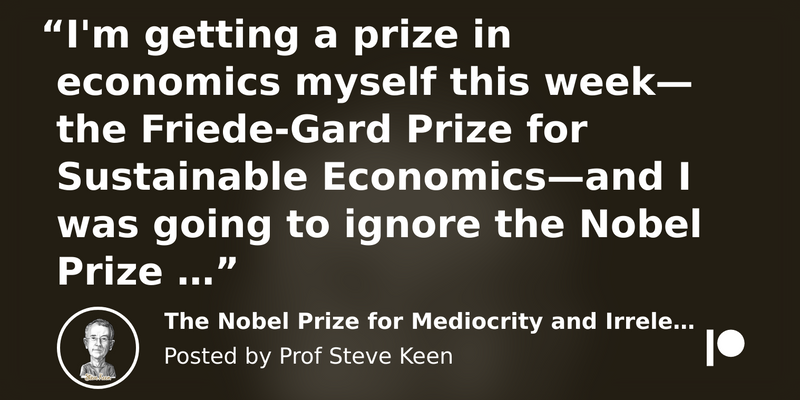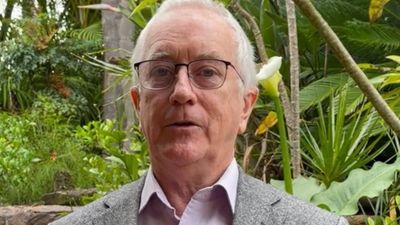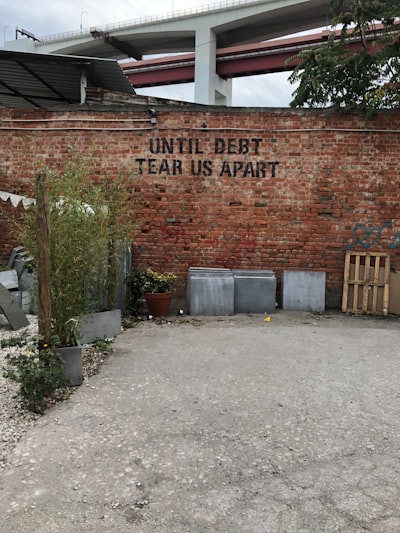Receiving the Friede-Gard Prize in Marx's Home Town
The prize will be awarded for scientific achievements which represent specific progress in economics in establishing a sustainable economy and society.
The fact that the Friede-Gard Prize is awarded in Trier, the town where Karl Marx was born, is entirely coincidental: it just so happens that the creators of the Prize (which began in 2021) live near Trier.
Nonetheless, it's a fitting coincidence for me to receive the prize here, since my academic career began with my Masters thesis on why Marx's labor-theory-of-value was false—not based on the usual criticisms of Marx (known as the Transformation Problem), but because it contradicted Marx's own philosophy. In turn, this eliminated his argument that socialism was inevitable—which is why I expect that he suppressed his own logic and hung onto the labor theory of value, even though he had effectively disproven it.
I've never published the thesis itself—entitled Use, Value and Exchange: The Misinterpretation of Marx—but I did publish two papers based on it in 1993:
- Keen, S. (1993). "Use-Value, Exchange Value, and the Demise of Marx's Labor Theory of Value" Journal of the History of Economic Thought 15(1): 107-121; and
- Keen, S. (1993). "The Misinterpretation of Marx's Theory of Value" Journal of the History of Economic Thought 15(2): 282-300.
I also have one unpublished manuscript detailing how Marx's philosophy can be used as the basis for a theory of value for Post-Keynesian economics:
- A Marx for Post Keynesians
I'll attach these papers, and the thesis itself, to a subsequent post later today. In the meantime, here are some photos from his birth home—now a museum—and town.
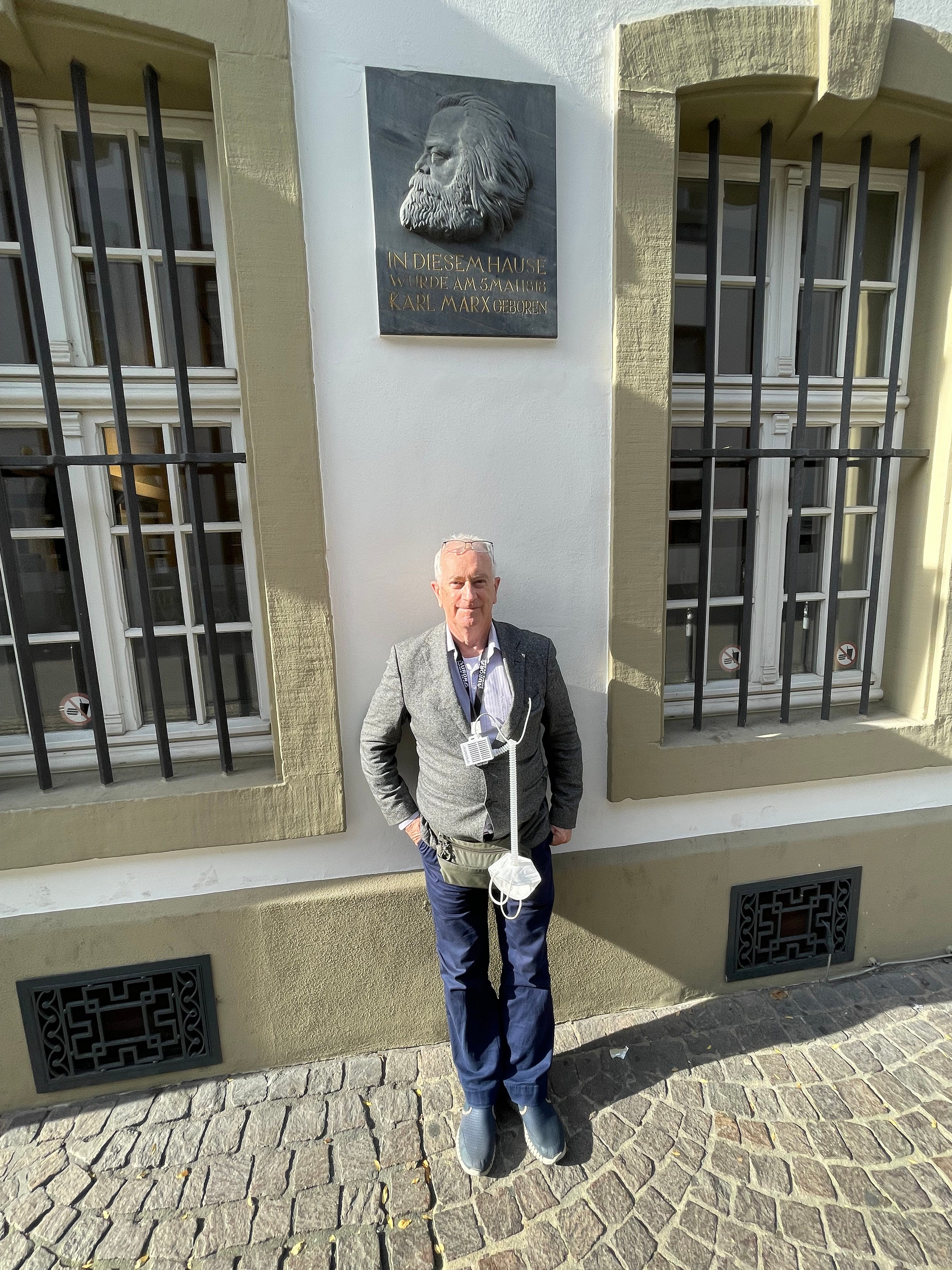
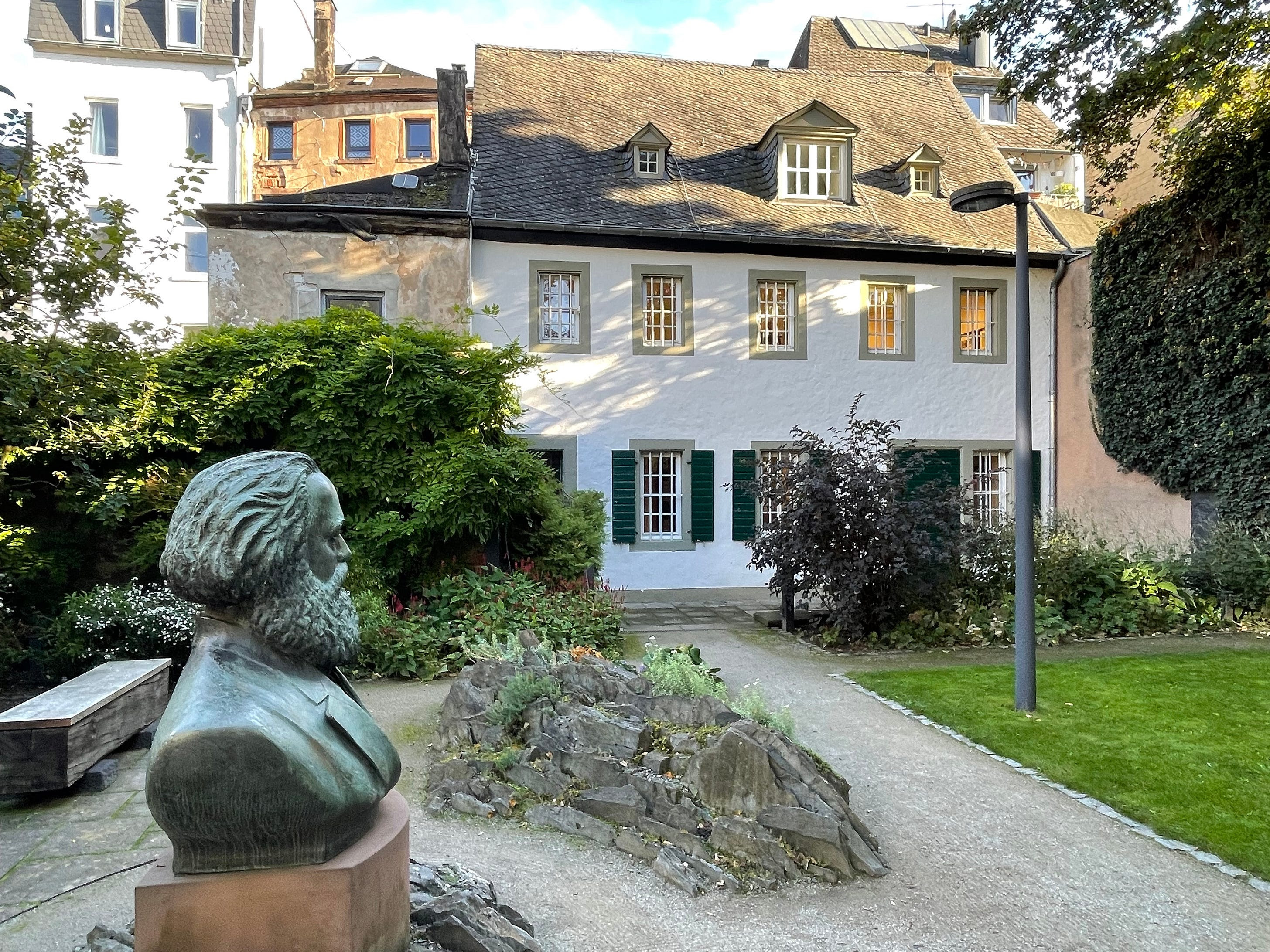
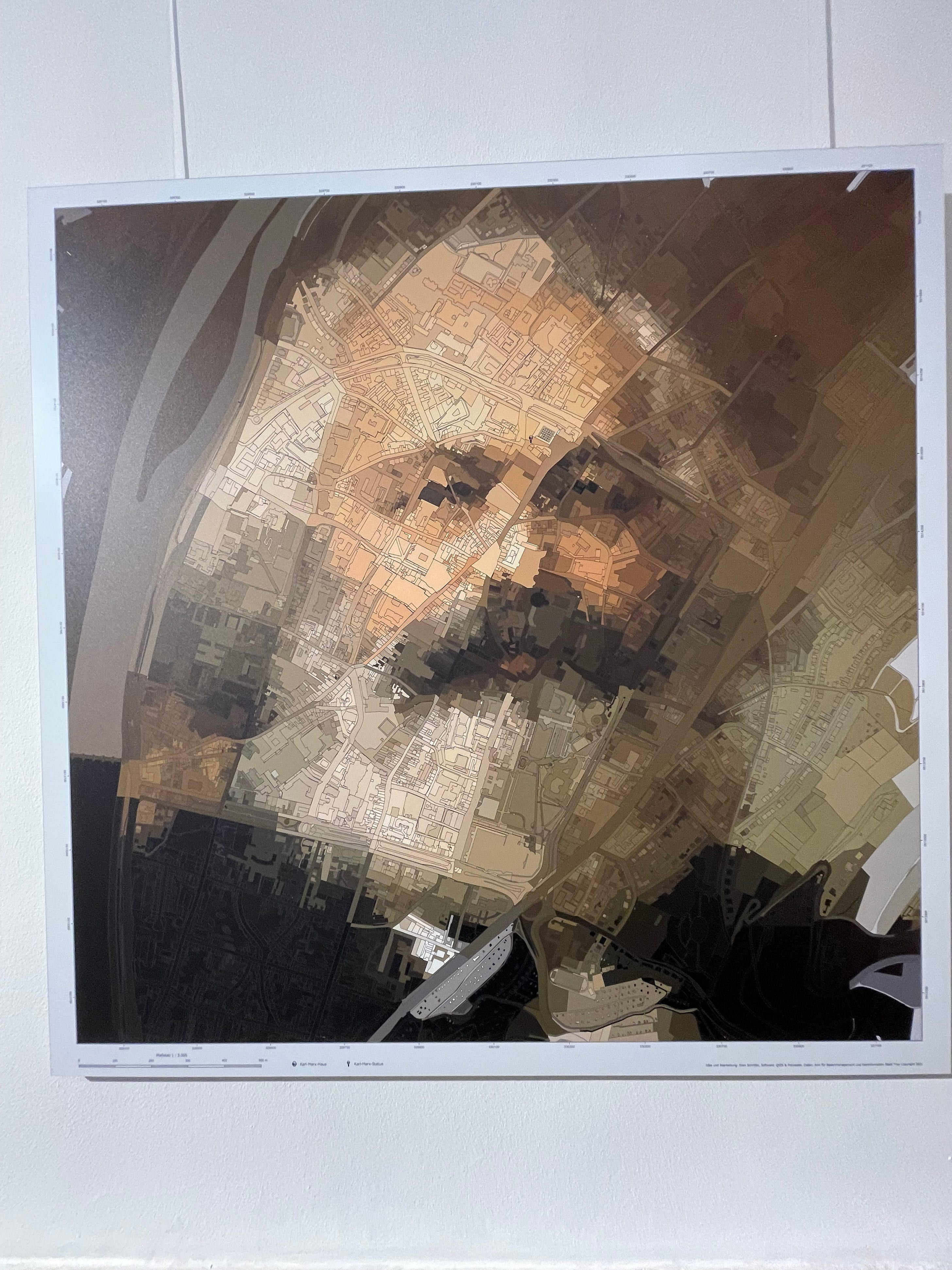
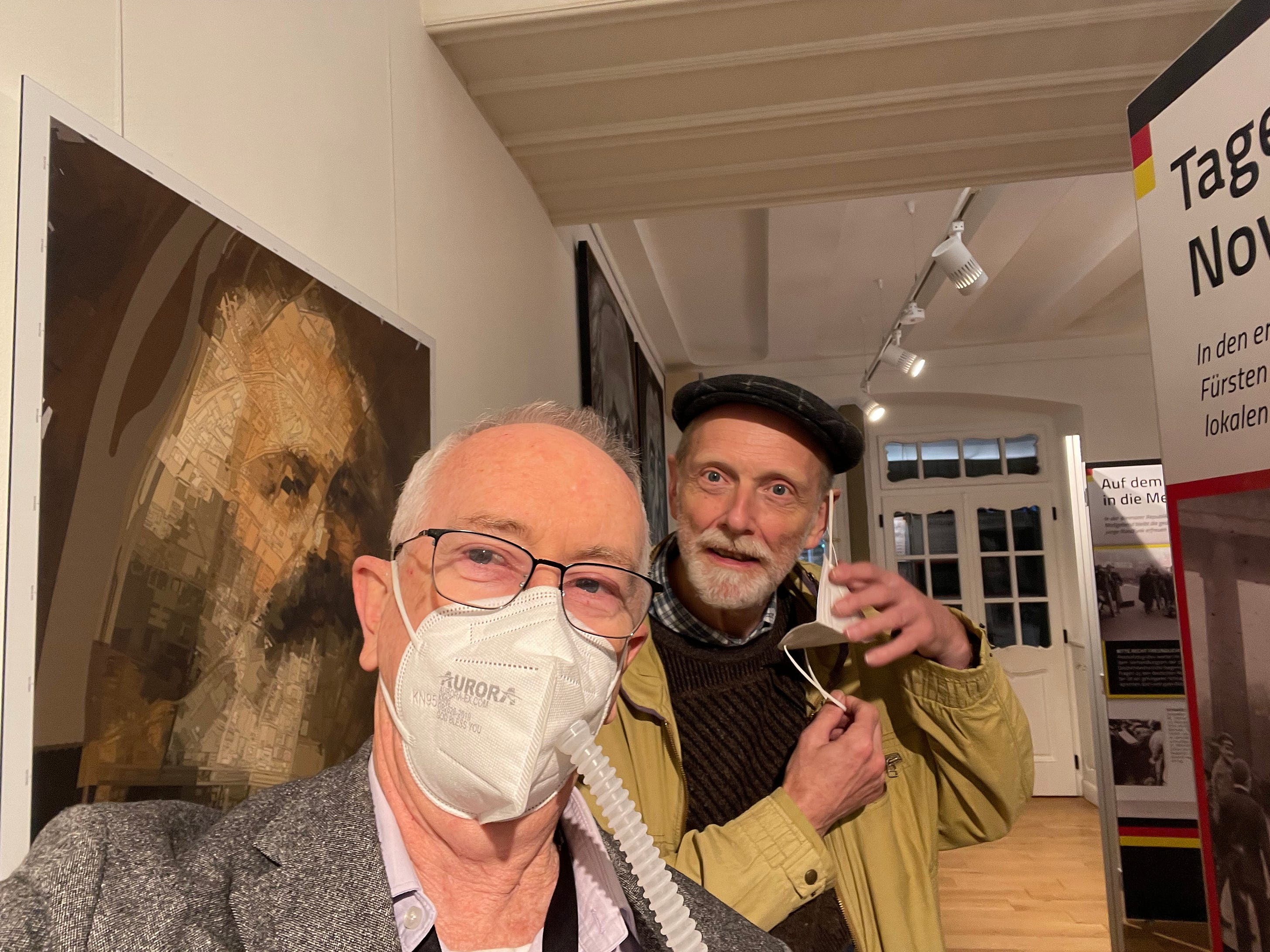
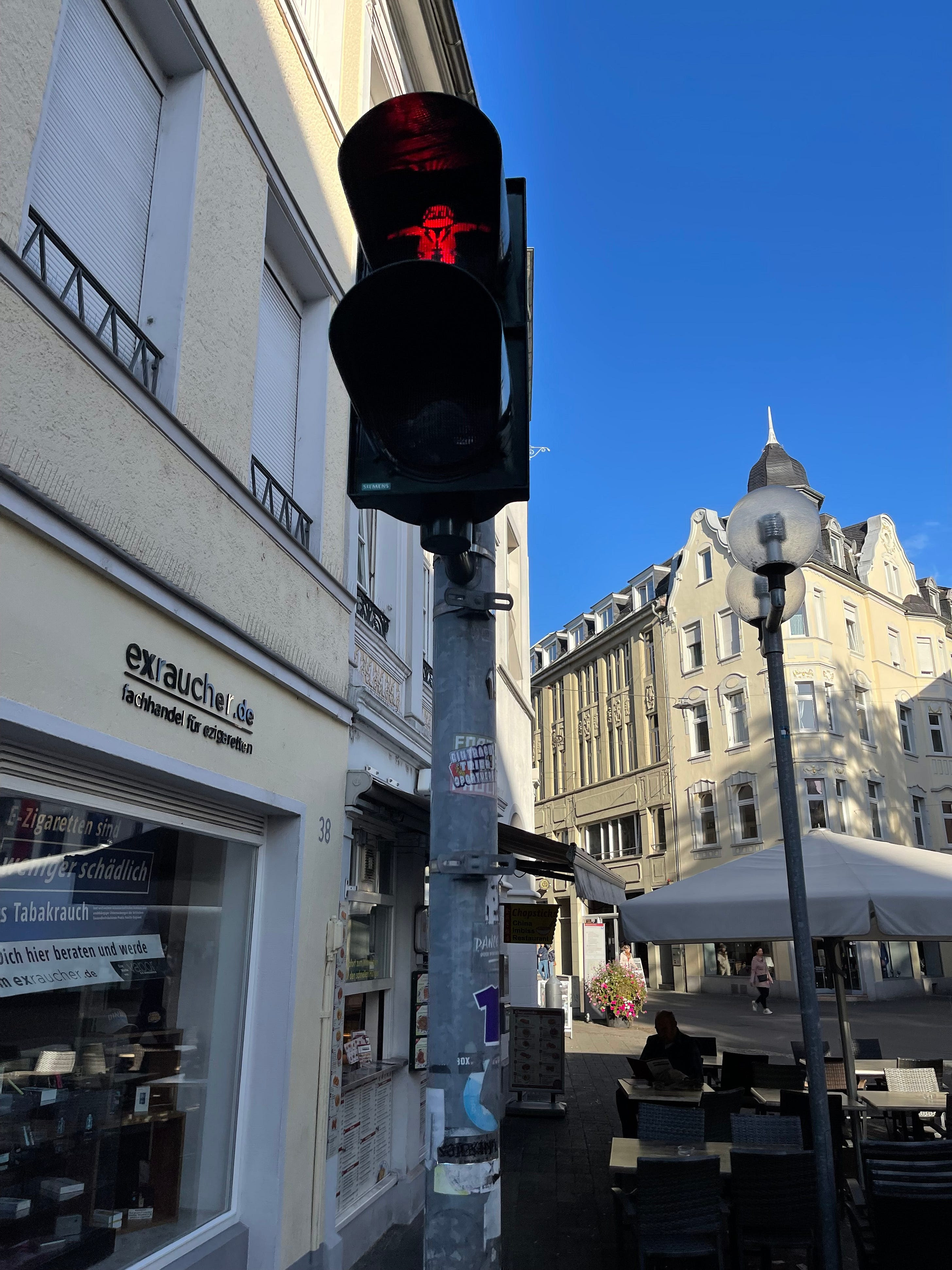
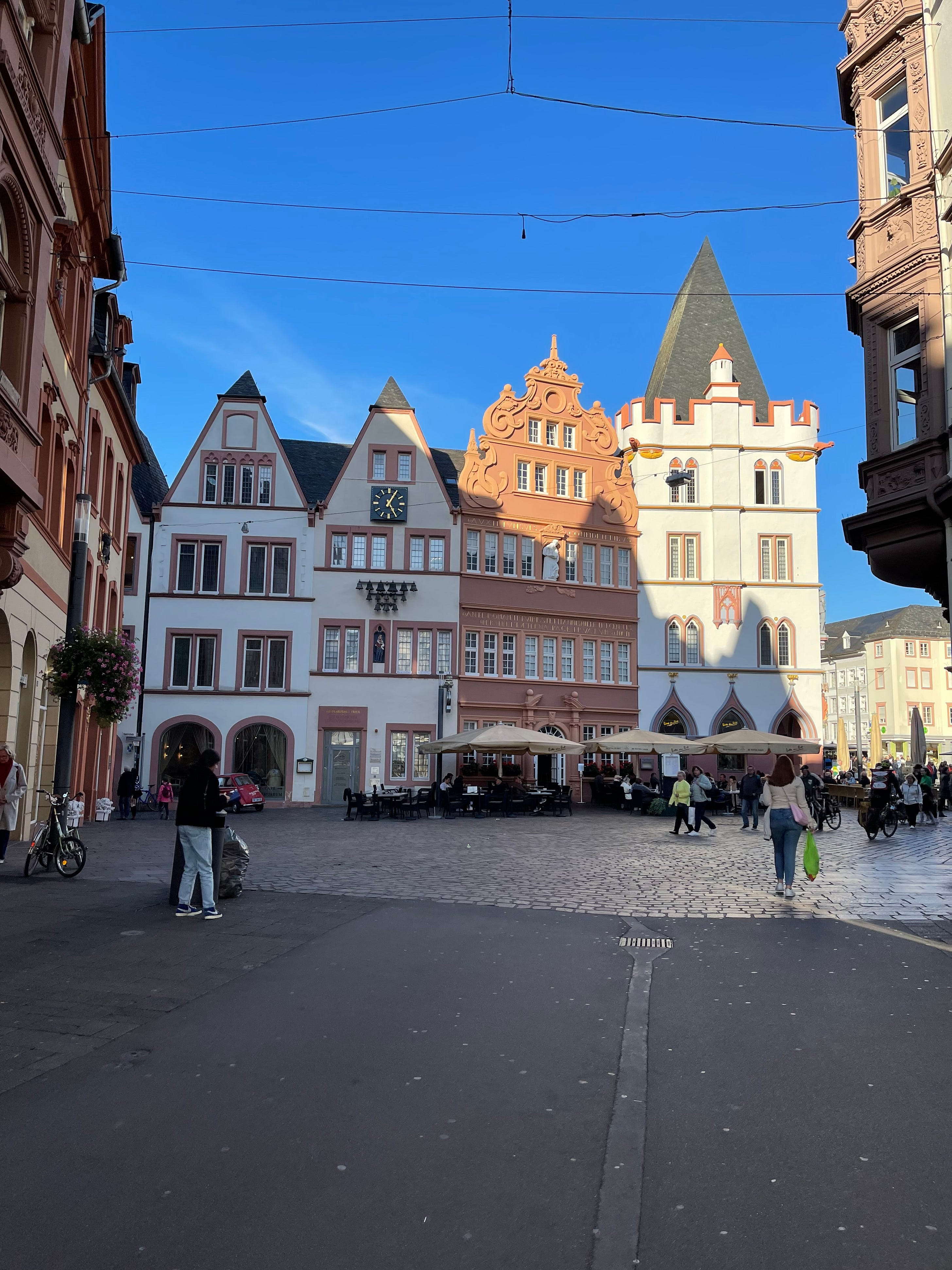
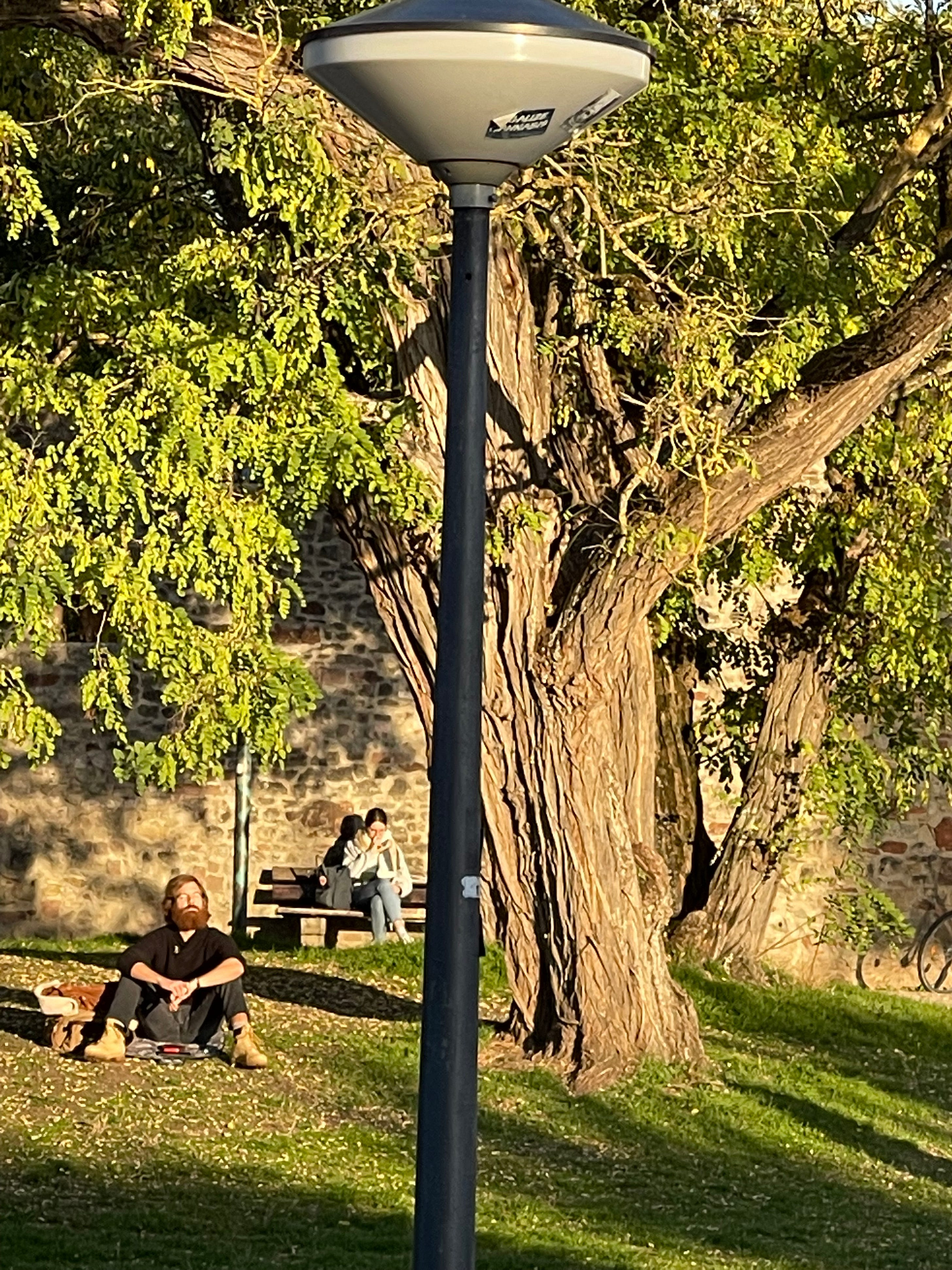
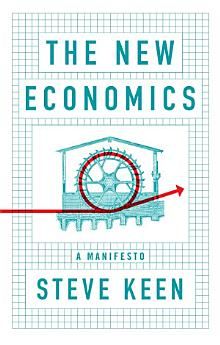
The New Economics: A Manifesto
In 1517, Martin Luther nailed his 95 theses to the wall of Wittenberg church. He argued that the Church’s internally consistent but absurd doctrines had pickled into a dogmatic structure of untruth. It was time for a Reformation.
Half a millennium later, Steve Keen argues that economics needs its own Reformation. In Debunking Economics, he eviscerated an intellectual church – neoclassical economics – that systematically ignores its own empirical untruths and logical fallacies and yet is still mysteriously worshipped by its scholarly high priests. In this book, he presents his Reformation: a New Economics, which tackles serious issues that today's economic priesthood ignores, such as money,

